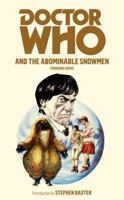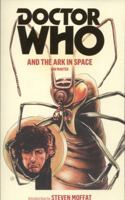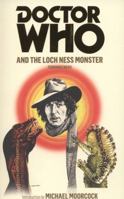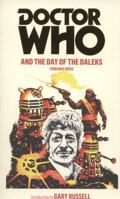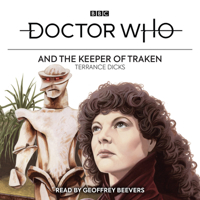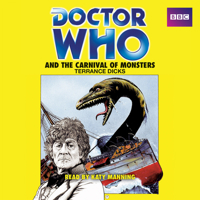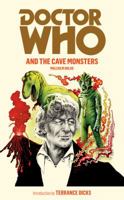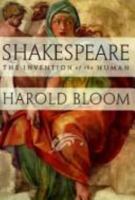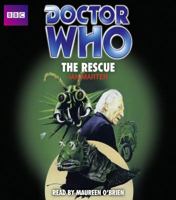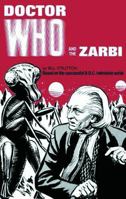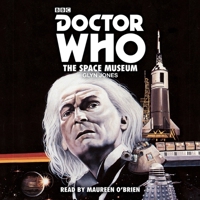UNITE History Volumes 1-6
Select Format
Select Condition 
You Might Also Enjoy
Book Overview
Sold as a multi-volume set - the individual volumes are also available for purchase.
This is the complete collection of six paperback volumes on the history of the Transport & General Workers' Union (now called UNITE), from 1880 to 2010. The history of the TGWU is the core of this collection, with a significant emphasis on the union's regions, as well as several key themes, such as equality, internationalism, the wider labour movement, and its attitude to the conflict between capital and labour.
Format:Paperback
Language:English
ISBN:1835532284
ISBN13:9781835532287
Release Date:February 2024
Publisher:Liverpool University Press
Length:1000 Pages
Customer Reviews
1 customer rating | 1 review
There are currently no reviews. Be the first to review this work.













